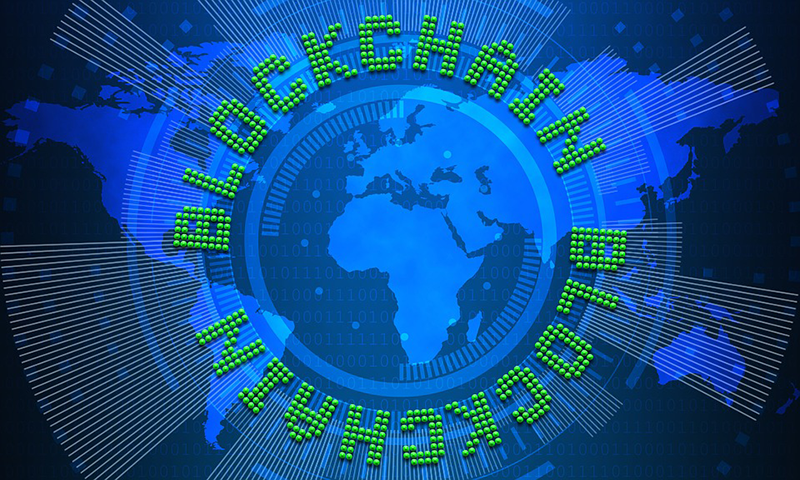We acknowledge some of our most private data to the online platforms that we use on a regular basis and we are often oblivious to which of our personal information is collected. We see our username and password as a shield that’ll protect all of these data. However, it may not always be so.
Some people think blockchain is inherently more secure than other technologies. But how secure is blockchain?
Related New Startup Medical Ledger Offers Health Data Privacy with Blockchain-Powered EHR
“Blockchains store data using sophisticated math and innovative software rules that are extremely difficult for attackers to manipulate. But the security of even the best-designed blockchain systems can fail in places where the fancy math and software rules come into contact with humans, who are skilled cheaters, in the real world, where things can get messy,” says MIT Technology Review.
In reality, innovative technology like blockchain can only solve certain security problems. But to be precisely useful in healthcare, it will need to be approached smartly and combined with other security technologies, reports MobiHealthNews.
Beth Israel Deaconess Medical Center CIO Dr. John Halamka, who also serves as editor in chief of the online journal “Blockchain in Healthcare Today”, sees two major security-related use cases for blockchain – data integrity and patient consent.

“How can you prove that a medical record was not changed, deleted, or amended?” Halamka wrote to MobiHealthNews in an email. “When an encounter is complete, create a ‘hash’, or a one-way mathematical digest of the record, and write that hash into the blockchain. If anyone has questions about the completeness or integrity of a record, it can be provided by comparing the ‘hash’ today with the historical hash recorded the blockchain.”
While blockchain must be combined with other security technologies, companies must also play their part in keeping data secured. They should keep their eyes on potential security problems that blockchain won’t touch. Karolina Starczak’s startup Nutrimedy decided not to use blockchain for now. She notes that human error is still responsible for a high number of healthcare data breaches.
Related Loomia Uses Blockchain to Make Smart Clothes that Make You Earn Money by Selling Personal Data
Not only does blockchain need to be augmented with other security technologies, but companies also need to keep their eyes on potential security problems that blockchain won’t touch. Karolina Starczak, whose startup Nutrimedy decided to pass on blockchain for now, noted that human error is still responsible for a high number of healthcare data breaches.
“Blockchain is just a part of the story,” Grishin said. “It’s an important part, but it’s not the only part,” says Dennis Grishin, Chief Strategy Officer of Nebula Genomics.












